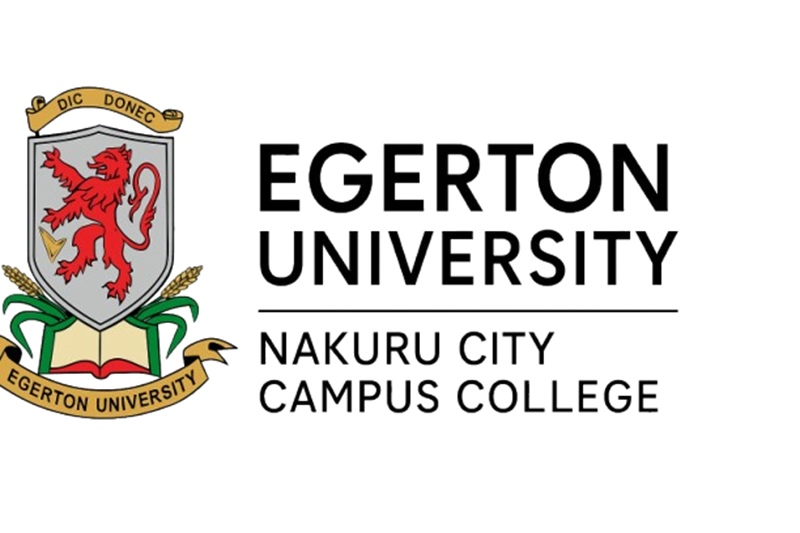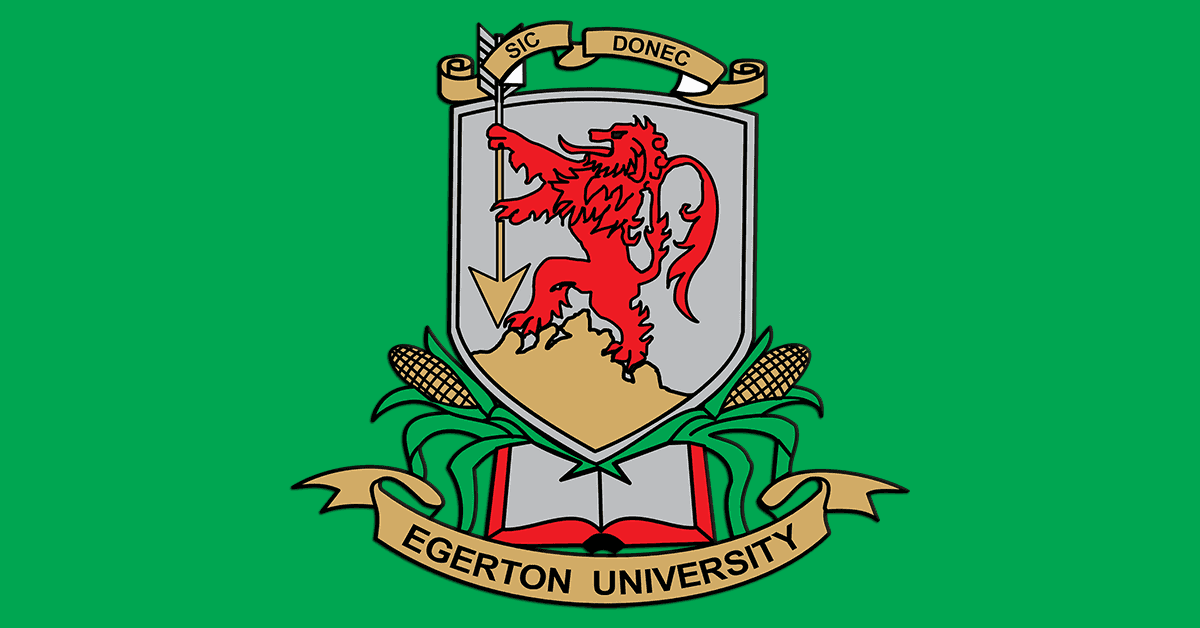Welcome to Nakuru City Campus College of Egerton University (NCCC)
The Nakuru City Campus College of Egerton University (NCCC) was started in 2001. In operating as a campus then, under the leadership of a Director, its aim was to expand the access to education to students who enrolled as Self Sponsored Students (SSP) in Bachelor of Commerce and Master of Business Administration (MBA) degrees. It was elevated to its current status of a Campus College in 2011 replacing the office of the Director with that of a Principal.
Over the years, its student population grew with the introduction of new programmes in the following faculties: Faculty of Arts and Social Sciences, Faculty of Commerce, Faculty of Education and Community Development, Faculty of Health Sciences, Faculty of Science, Faculty of Law, and Faculty of Environment and Resource Development (FERD). In the year 2022, the University reorganized its programmes and relocated some of the faculties to its Njoro campus for ease of management. Currently, the campus has two faculties namely; Faculty of Commerce and Faculty of Health Sciences, with a total population of more than three thousand (3,000) students. The programmes on offer include; Bachelor of Commerce with different options (Marketing, Human Resource, Entrepreneurship etc.),Master of Business Administration, PhD in Business and Management, Bachelor of Medicine and Surgery, Bachelor of Nursing and Bachelor of Clinical Medicine among others.
The campus is located in Nakuru City in a number of premises including: West Campus for the Faculty of Commerce along the main Nakuru-Eldoret highway, at the dual carriage way section between Total Petrol Station and Kenya Farmers Association (KFA) roundabout; it has other learning facilities located at the Kokeb grounds, next to Nyayo Gardens to the east and Woolmatt Supermarket to the west. The Faculty of Health Sciences is located in University premises next to the Nakuru County Teaching and Referral Hospital (previously referred to as Rift Valley Provincial General Hospital). The Campus College has excellent facilities for learning that include well equipped Computer Laboratories, a Skills Laboratory, a Modern Library, an Electronic Media Studio and spacious Lecture Rooms.
The Campus College boasts as the only University that runs a Radio Station (Egerton Radio, 101.7 FM) in Nakuru City that serves as a teaching radio for students taking Communication and Media Studies who are equipped with skills in radio journalism and communication. In recent years the Egerton Radio 101.7FM has become popular with students, researchers, government agencies and other stakeholders with respect to community outreach, education and farming as a business.
.










